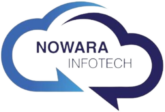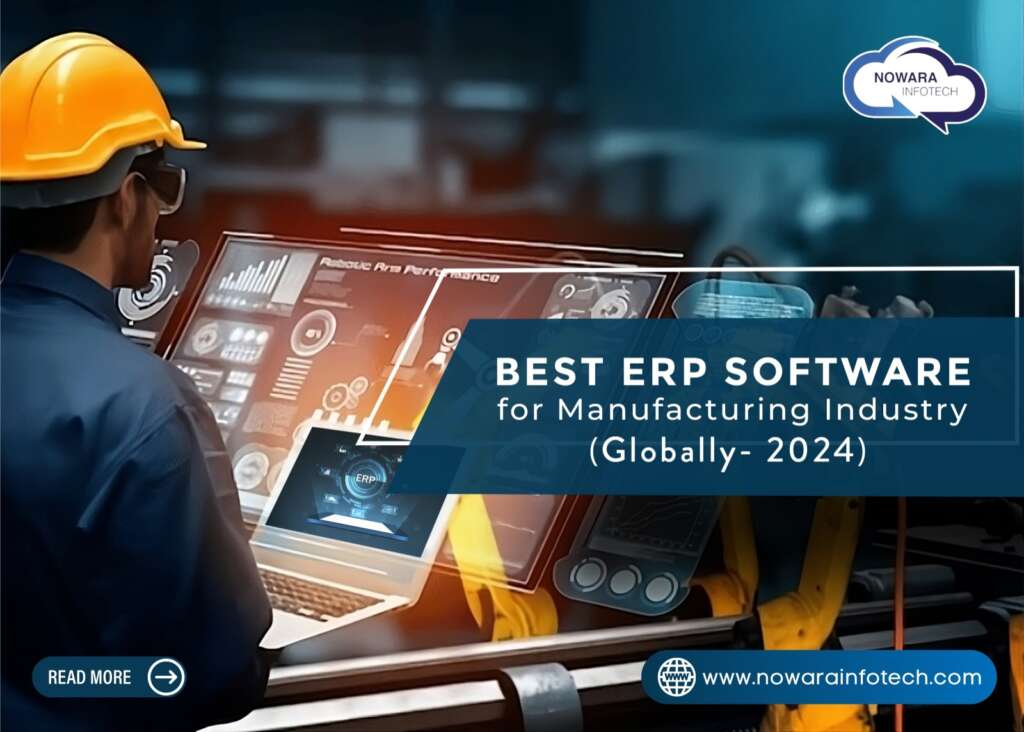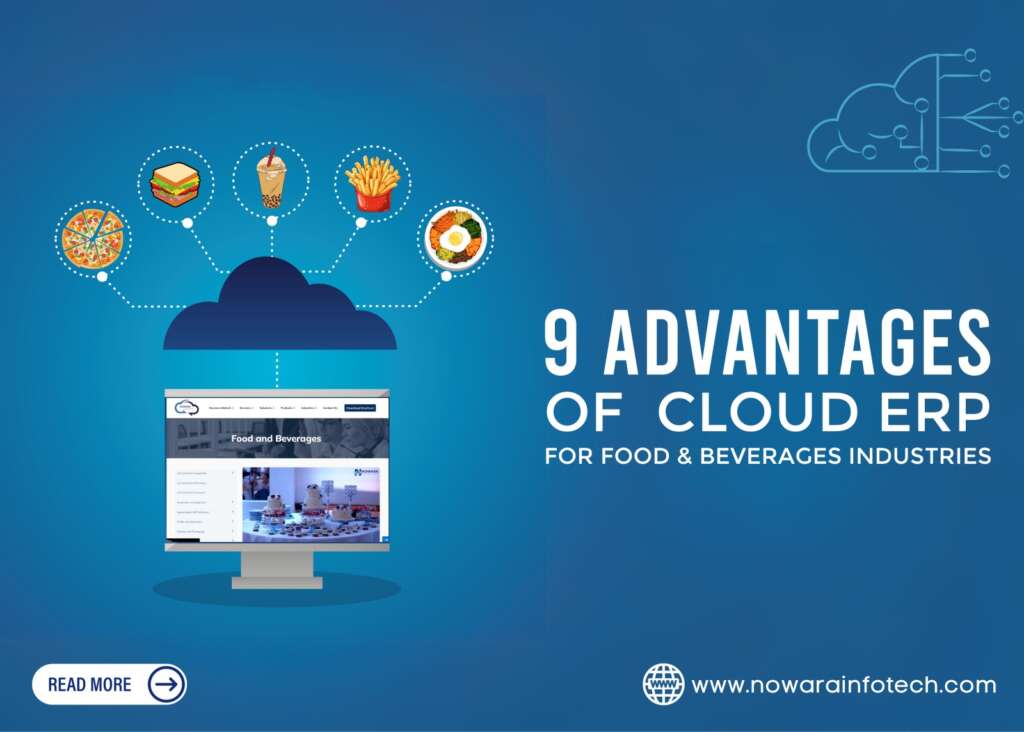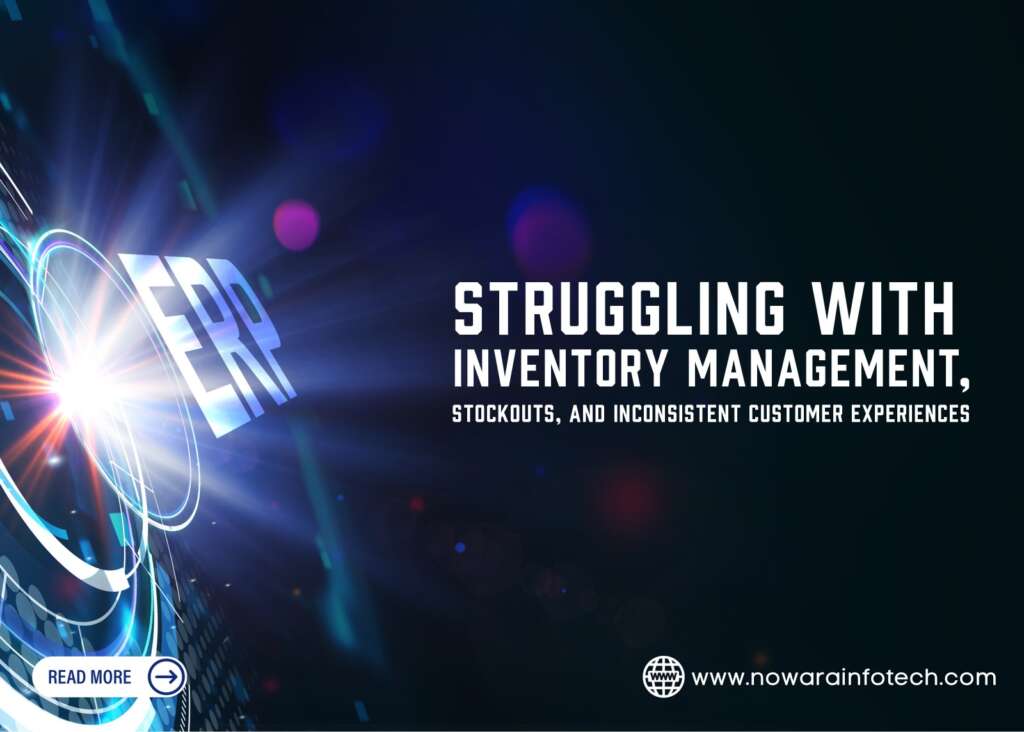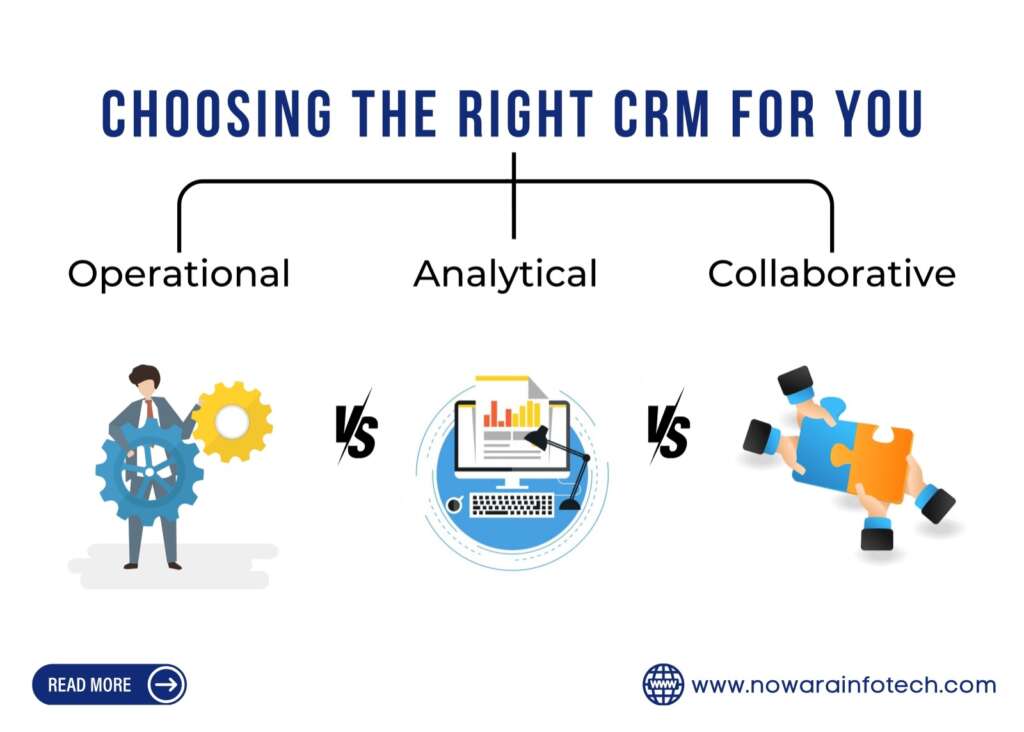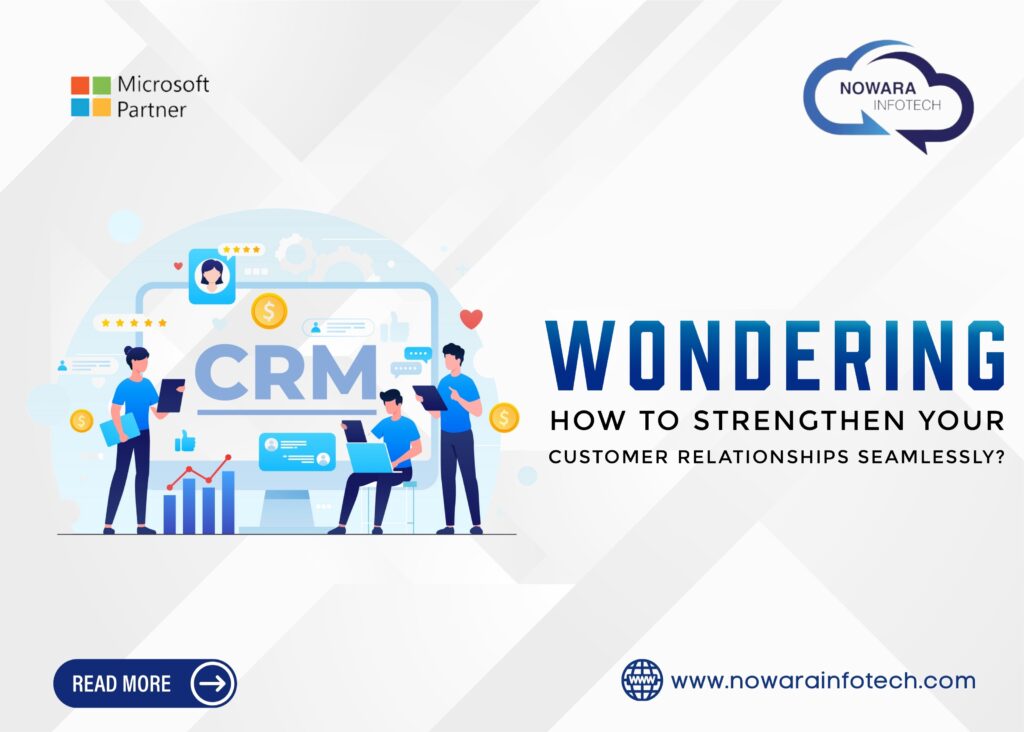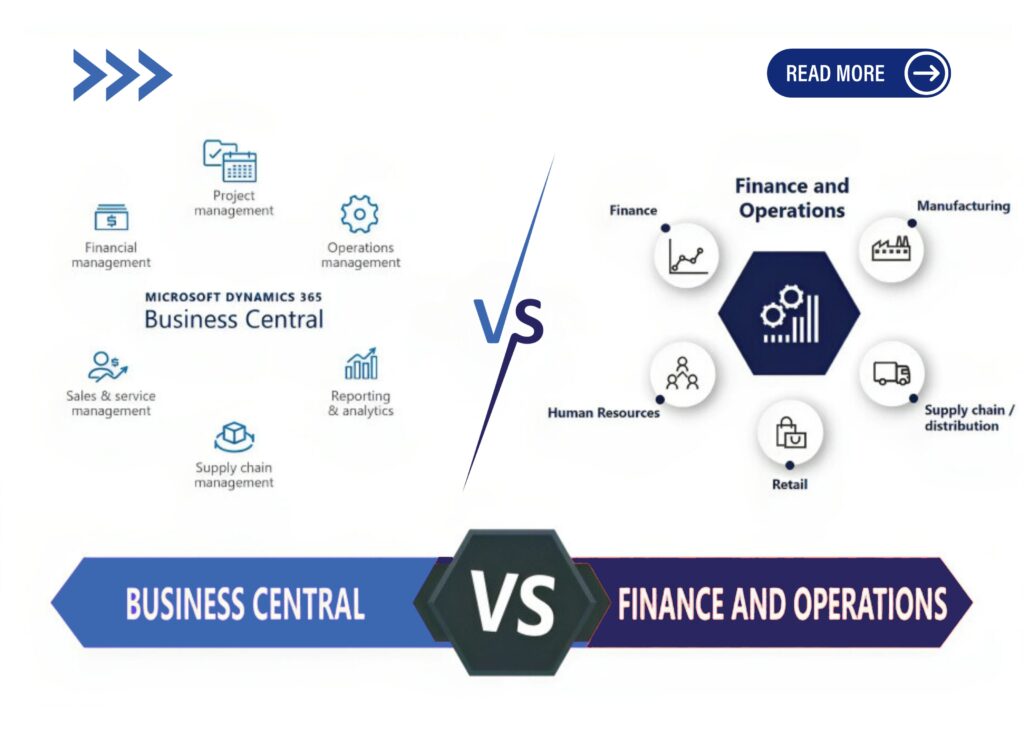In the fast-paced world of pharmaceuticals, the need for efficient and organized operations has never been more critical. This is where ERP software for pharmacies steps in, providing a comprehensive solution to the unique challenges faced by pharmacies. Why do Pharmacies Need Pharmacy Management Systems? In the pharmaceutical landscape, precision is paramount. An ERP Software for Pharmacies ensures seamless operations, from inventory management to compliance with regulatory standards. It minimizes errors, enhances workflow efficiency, and ultimately improves patient care. Key Features of Pharmacy Billing Software Efficient pharmacy management software goes beyond basic functions. It incorporates features like inventory tracking, prescription management, billing, and regulatory compliance. Additionally, it enables pharmacies to integrate with healthcare networks, ensuring a smooth flow of information. Choosing the Best: LS Retail for Pharmacies LS Retail stands out as a top-notch solution for pharmacies, offering a robust and scalable platform. It seamlessly integrates with Microsoft Dynamics 365 Business Central, providing a unified system for financials, supply chain, and customer relationship management. The Best Features of LS Retail LS Retail, seamlessly integrated with Microsoft Dynamics 365 Business Central, emerges as a leading choice for pharmacies. Let’s explore in detail the standout features that make LS Retail the preferred solution for efficient and streamlined operations. Inventory Management: One of the cornerstones of LS Retail is its advanced Inventory Management system. Pharmacies deal with a diverse range of products, each with its own set of specifications and compliance requirements. LS Retail allows pharmacists to track stock levels with surgical precision. From monitoring quantities of over-the-counter medications to managing prescription drugs, the system keeps a real-time record of inventory. Precision in Tracking Expiry Dates: LS Retail excels in ensuring the integrity of pharmaceutical inventory. The system provides automated alerts for approaching expiry dates, reducing the risk of dispensing expired medications. This feature not only safeguards patient health but also aids in maintaining compliance with regulatory standards. Supplier Information Management: Efficient supplier management is critical for pharmacies to ensure a consistent supply of medications. LS Retail enables pharmacies to maintain detailed supplier information, facilitating seamless communication, and optimizing procurement processes. This ensures that pharmacies can maintain strong relationships with suppliers, negotiate favourable terms, and enhance overall operational efficiency. Point of Sale (POS): The Point of Sale (POS) system in LS Retail is designed with the unique needs of pharmacies in mind. The intuitive interface streamlines sales transactions, offering a user-friendly experience for both pharmacists and customers. Customized for Pharmacies: The LS Retail POS system for pharmacies is tailored to accommodate the specific workflow of the industry. It includes features such as barcode scanning, prescription verification, and integration with electronic payment systems. This not only speeds up the checkout process but also minimizes the potential for errors in transaction processing. Prescription Management: Ensuring accuracy and compliance in prescription management is a critical aspect of pharmacy operations. LS Retail provides a comprehensive Prescription Management system that goes beyond simply recording prescriptions. Detailed Prescription Tracking: The system allows for the detailed tracking of prescriptions, including information about prescribed medications, dosage instructions, and patient details. This feature enhances the ability of pharmacists to verify prescriptions, reducing the risk of dispensing errors and improving patient safety. Compliance Management: In the highly regulated pharmaceutical industry, compliance is non-negotiable. LS Retail’s Prescription Management feature includes built-in checks and balances to ensure adherence to legal and ethical standards. This not only minimizes the risk of regulatory violations but also instils confidence in patients regarding the integrity of their prescriptions. Reporting and Analytics: LS Retail recognizes the power of data in making informed decisions. The Reporting and Analytics feature provides pharmacies with valuable insights into their operations, allowing for strategic decision-making and continuous improvement. Informed Decision-Making: Pharmacy managers can leverage data analytics to monitor trends in product sales, identify fast-moving items, and optimize inventory levels. This insight enables informed decision-making regarding product procurement, pricing strategies, and promotional activities. Operational Optimization: The Reporting and Analytics feature goes beyond sales data, offering insights into various aspects of pharmacy operations. Whether it’s identifying peak hours for staffing optimization or tracking customer preferences for targeted marketing, LS Retail empowers pharmacies to optimize their overall operations. Integration Capabilities: LS Retail’s strength lies in its seamless integration with other business processes, providing a holistic solution for pharmacies. Unified Business Processes: By integrating with Microsoft Dynamics 365 Business Central, LS Retail ensures that pharmacy operations are part of a unified ecosystem. This integration spans financials, supply chain management, and customer relationship management, fostering efficiency and accuracy across the entire business. Enhancing Overall Efficiency: The ability to connect seamlessly with other business processes eliminates silos and reduces manual data entry. This not only saves time but also minimizes the risk of errors associated with manual data handling. LS Retail’s integration capabilities contribute to the overall efficiency and agility of pharmacy operations. LS Retail stands out as a comprehensive ERP Software For Pharmacythat addresses the unique challenges faced by pharmacies. From precise Inventory Management to intuitive Point of Sale systems, from Prescription Management to powerful Reporting and Analytics, and finally, seamless Integration Capabilities – LS Retail empowers pharmacies to not only meet but exceed industry standards in efficiency, compliance, and customer satisfaction. How to Implement Pharmacy ERP in Low Cost? Implementing a Pharmacy ERP system need not be a financial burden. Opt for cloud-based solutions to reduce upfront costs and enjoy the flexibility of scalability. Training programs for staff ensure a smooth transition without disrupting daily operations. Consider the long-term savings achieved through reduced errors, improved inventory management, and increased operational efficiency. The initial investment in quality ERP Software for Pharmacies becomes a strategic move for long-term financial benefits. What is the Minimum Size for a Pharmacy ERP System? The size of a pharmacy does not dictate the need for an ERP system. From small independent pharmacies to large chains, the adaptability of Pharmacy ERP systems ensures that every business can benefit. The system can be scaled to meet the specific needs and size of the pharmacy. Even a small community pharmacy
